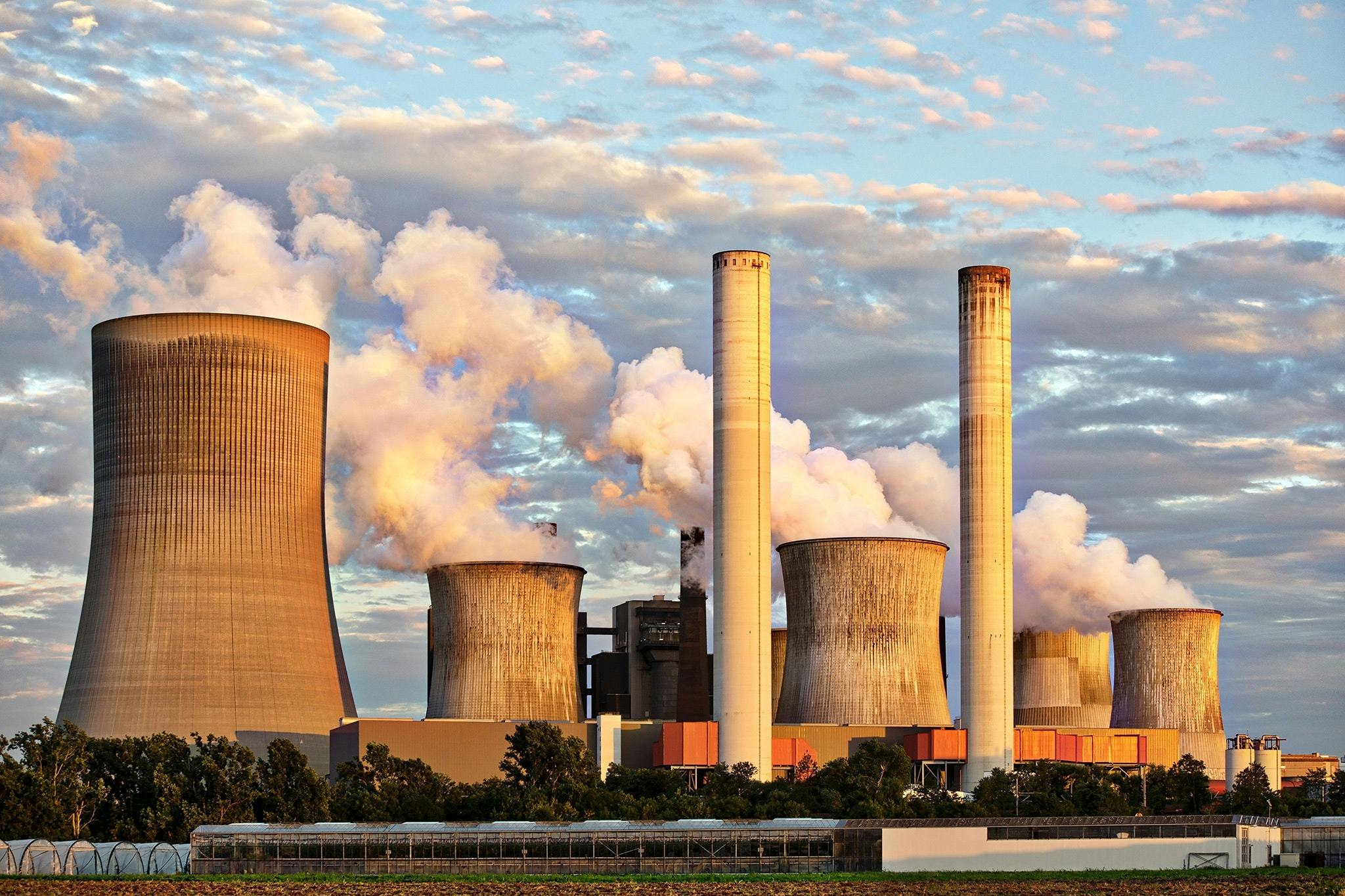How Does Power Affect The Environment?
By
SolaTrue

Energy consumption plays a vital role in our modern lives, powering our homes, industries, and transportation. However, the way we generate and consume energy has significant negative consequences for the environment. Power generation from fossil fuels contributes to air pollution, climate change, water pollution, and soil pollution. The increasing demand for energy intensifies these environmental issues, making it imperative to shift toward sustainable energy sources. Solar panels have emerged as a solution, offering clean and renewable energy. In this article, we will explore how power negatively affects the environment and delve into the ways solar panels can help clean up air pollution, climate change, and water pollution.
1. Air Pollution

Power generation from fossil fuels is a major source of air pollution. The combustion of these fuels releases harmful pollutants such as sulfur dioxide, nitrogen oxides, and particulate matter into the atmosphere. These pollutants contribute to respiratory problems, acid rain, and smog formation. According to the National Renewable Energy Laboratory (NREL), every kilowatt-hour (kWh) of electricity generated from solar panels can reduce CO2 emissions by approximately 1.5 pounds. This significant reduction in greenhouse gas emissions helps combat climate change and improve air quality.
Also, an astonishing find by the World Health Organization (WHO), states that outdoor air pollution is responsible for 4.2 million premature deaths each year. Switching to solar panels can significantly reduce air pollution bringing a better quality of life to all.
2. Climate Change

The burning of fossil fuels releases greenhouse gases, primarily carbon dioxide (CO2), into the atmosphere, leading to climate change. The rising concentration of these gases traps heat in the atmosphere, leading to global warming and its associated impacts, such as melting ice caps, sea-level rise, and extreme weather events. If we continue to use fossil fuels at this rate, many of our incredibly captivating landmarks will no longer exist impacting ecosystems, weather, and so much more.
International Energy Agency (IEA) explained how “Global energy-related CO2 emissions grew in 2022 by 0.9%, or 321 million tonnes, reaching a new high of more than 36.8 billion tonnes, according to the report. The rise in emissions was significantly slower than global economic growth of 3.2%.” These rises are jaw-dropping concerns leading to questions on how our world will be able to sustain itself without more energy-efficient products.
Solar panels offer a sustainable and clean source of energy that does not emit greenhouse gases during operation. By investing in solar panels, we can mitigate climate change and its detrimental effects.
3. Water Pollution

Conventional power plants heavily rely on water for cooling purposes. The extraction and discharge of large amounts of water can have severe ecological consequences, such as fish kills and the disruption of aquatic habitats. The release of heated water back into bodies of water can adversely affect marine life and lead to a terrible effect on human life.
The U.S. Environmental Protection Agency (EPA) states that conventional power plants are responsible for significant amounts of toxic air pollutants, such as mercury, lead, and arsenic. By transitioning to solar panels, we can eliminate the emission of these harmful pollutants and ensure cleaner air for ourselves and future generations.
Solar panels, on the other hand, do not require water for operation, thus eliminating the risk of water pollution associated with power generation.
Solar panels offer a promising solution to the negative environmental impacts caused by power generation. By harnessing the energy of the sun, solar panels provide a clean and renewable source of power without contributing to air pollution, climate change, and water pollution. The widespread adoption of solar panels can significantly reduce greenhouse gas emissions, improve air quality, and protect our planet's natural resources. Solar is the future for human life.
In conclusion, the detrimental effects of power generation on the environment are undeniable. The growing energy demand necessitates a shift towards sustainable solutions. It is crucial that we embrace renewable energy sources, such as solar panels, to create a sustainable and cleaner future for ourselves and generations to come.
Sources:
Ambient (Outdoor) Air Pollution.” Www.who.int, World Health Organization (WHO), 19 Dec. 2022, www.who.int/news-room/fact-sheets/detail/ambient-(outdoor)-air-quality-and-health#:~:text=Ambient%20(outdoor)%20air%20pollution%20is.
NREL. “Life Cycle Greenhouse Gas Emissions from Solar Photovoltaics.” National Renewable Energy Laboratory (NREL), Nov. 2012.
International Energy Agency. “Global CO2 Emissions Rose Less than Initially Feared in 2022 as Clean Energy Growth Offset Much of the Impact of Greater Coal and Oil Use.” International Energy Agency (IEA), IEA, 2 Mar. 2023, www.iea.org/news/global-co2-emissions-rose-less-than-initially-feared-in-2022-as-clean-energy-growth-offset-much-of-the-impact-of-greater-coal-and-oil-use.


